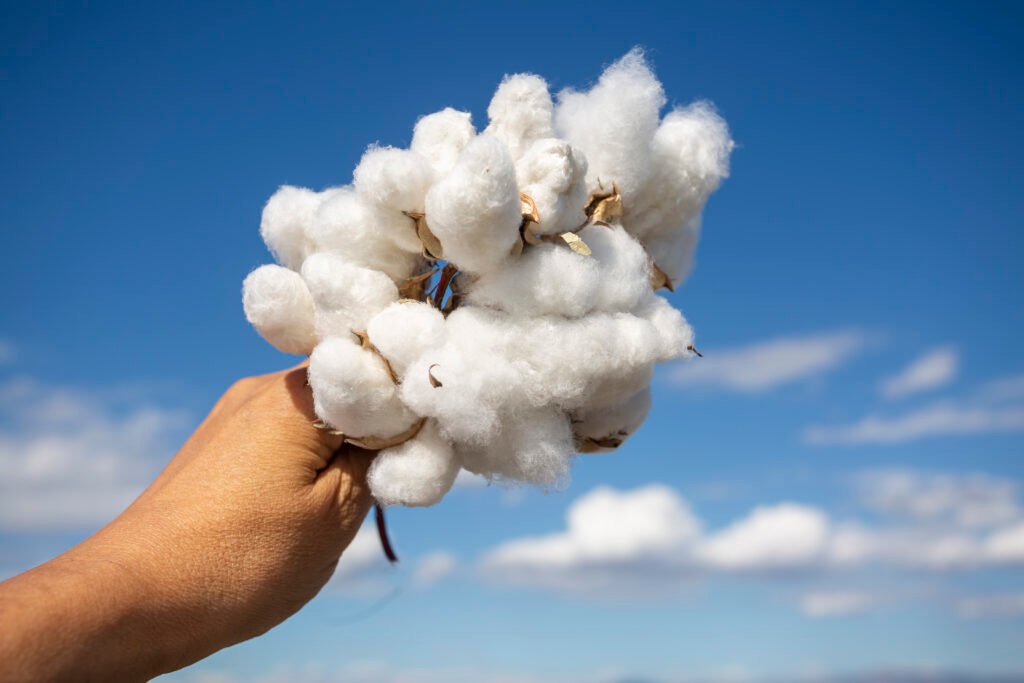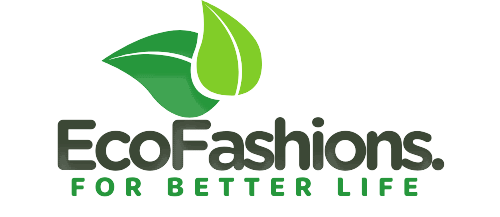Discover Eco-Friendly Style with Organic Cotton
Cotton is a fabric with enduring popularity in fashion and textiles. It is known for its softness, breathability, and versatility, making it a preferred option for clothing and household items over many centuries. However, the rise of environmental awareness has introduced a new trend: organic cotton. This eco-friendly alternative to regular cotton offers various advantages, making it an appealing choice for socially and environmentally conscious consumers. In this article, we will discuss the benefits and considerations of organic cotton, highlighting why it is increasingly favored by those seeking comfort and sustainability.
What is Organic Cotton?
Organic cotton is grown without the use of synthetic fertilizers, pesticides, or genetically modified organisms (GMOs). Instead, farmers rely on natural farming methods, such as crop rotation, composting, and the use of beneficial insects for pest control. This approach not only minimizes the environmental impact of cotton production but also promotes soil health and biodiversity.

Benefits of Organic Cotton:
1. Reduced Environmental Impact: Conventional cotton cultivation is notorious for its heavy reliance on chemical inputs, which can pollute soil, water, and air. Organic cotton farming eliminates the use of these harmful substances, reducing the environmental footprint of the fashion industry. By choosing organic cotton, consumers can play a role in protecting our planet’s precious resources.
2. Safer for Farmers and Workers: The absence of toxic pesticides and chemicals in organic cotton farming creates a safer working environment for farmers and agricultural workers. This reduced exposure to hazardous substances helps prevent numerous health issues, including respiratory problems, skin irritations, and even certain types of cancers.
3. Skin-Friendly and Hypoallergenic: Organic cotton is free from the residues of synthetic pesticides and fertilizers, making it a gentler and more hypoallergenic option for those with sensitive skin or allergies. This natural fiber is less likely to cause irritation or adverse reactions, ensuring comfort and well-being for wearers of all ages.
4. Biodegradable and Renewable: Unlike synthetic fibers, organic cotton is a natural, biodegradable material. This means that when it eventually reaches the end of its life cycle, it can break down without leaving behind harmful plastic remnants. Additionally, cotton is a renewable resource, making it a more sustainable choice compared to non-renewable materials.
5. Preserving Soil Health: Conventional cotton farming can deplete and degrade soil over time, reducing its fertility and productivity. In contrast, organic farming practices, such as crop rotation and composting, help maintain and even improve soil quality, ensuring long-term sustainability for future generations.
Considerations for Organic Cotton:
While organic cotton offers numerous benefits, there are a few considerations to keep in mind:
1. Higher Production Costs: Organic farming methods can be more labor-intensive and yield lower crop yields compared to conventional methods. As a result, organic cotton tends to be more expensive than its non-organic counterpart, reflecting the additional effort and resources required for its cultivation.
2. Limited Availability: Despite growing demand, the supply of organic cotton remains relatively limited compared to conventional cotton. This can make it challenging to find a wide range of organic cotton products, especially in certain regions or for specific applications.
3. Certification and Traceability: To ensure that organic cotton is truly organic, it must be certified by accredited organizations. Consumers should look for trusted certifications, such as the Global Organic Textile Standard (GOTS) or the Organic Content Standard (OCS), to verify the authenticity of organic cotton products.
4. Water Consumption: While organic cotton farming reduces the use of chemicals, it can still be water-intensive, particularly in arid regions. Responsible water management practices and efficient irrigation systems are crucial to mitigate this concern.
Is Organic Cotton Sustainable?
One of the key questions surrounding organic cotton is its overall sustainability. While organic farming practices undoubtedly reduce the environmental impact compared to conventional cotton, the sustainability of organic cotton depends on several factors. From a land-use perspective, organic cotton generally requires more land to achieve the same yield as non-organic cotton, which can potentially lead to increased deforestation or encroachment on natural habitats. However, advocates argue that the long-term benefits of organic farming, such as preserved soil health and biodiversity, outweigh these short-term challenges. Additionally, water consumption remains a concern, as cotton is a thirsty crop, regardless of farming methods. To truly achieve sustainability, organic cotton production must be coupled with efficient water management techniques, such as drip irrigation and water recycling. Overall, while organic cotton is not a perfect solution, it represents a significant step towards a more sustainable and responsible textile industry when combined with other eco-friendly practices throughout the supply chain.
As the world becomes increasingly conscious of the environmental and social impacts of our choices, organic cotton emerges as a compelling alternative to conventional cotton. By embracing this eco-friendly material, we can enjoy the classic comfort of cotton while contributing to a more sustainable future. Whether you’re a fashion enthusiast, a conscious consumer, or simply someone who values quality and comfort, organic cotton offers a perfect blend of style and responsibility. So, why not make the switch and experience the softness of organic cotton while leaving a greener footprint on our planet?







I have perused some remarkable items on this site that are unquestionably valuable to bookmark for later use. I’m interested in how much effort you put into creating such a fantastic and instructive website.
Thank you so much, Take love.
Please keep touch with us.